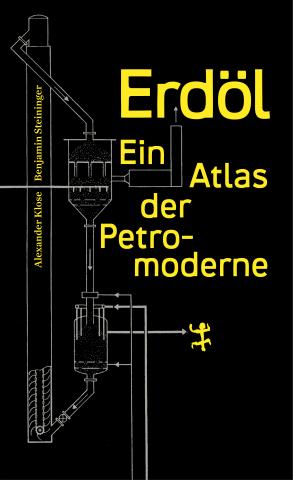Most definitions of the Anthropocene connect this new era to the industrial use of fossil resources. However, crude oil, coal, and natural gas have had a historic impact not as natural but as processed resources. One of the key factors of the Great Acceleration in the twentieth century is the chemical industry, and in particular the industrial technicality of energy storage. This is where a new cultural theory of industry should step in. Neither the history of science and technology, nor the cultural theories of modernity have so far drawn appropriate attention to the technicality and thus culturality of energy storage.

In cooperation with the Max Planck Institute for Chemical Energy Conversion at Mülheim/Ruhr (MPICEC) the path from the history of fossil technology to the historic theory of the ongoing energy transition is investigated. One of the central tasks at the MPICEC is the investment of technological know-how into the design of chemical energy storages. Natural systems of energy storage (biomass, and fossil biomass such as hydrocarbons) are to be replaced by artificial molecules. This task is historically new, nevertheless it could be shown that the activities are based on a long history of science and industry, in particular, on the history of (industrial) catalysis. Not only the forthcoming energy regime but also old practices of manufacturing fossil fuels have been prominently based on technologies of heterogeneous catalysis. The new challenges are thus met with technical means that incorporate prior historic challenges. When it comes to the design of chemical energy storage, a longer history of innovations, ruptures, and continuities is revealed.


